Gut health is crucial for overall well-being. Certain foods can disrupt this balance, leading to digestive issues, while others promote a healthy gut environment. Understanding which foods to avoid and which to include in your diet can make a significant difference in your health journey.
1. Fried Foods
Crunchy and golden, fried foods might delight your taste buds but are tough on your gut. Their high fat content slows digestion, leading to discomfort and bloating. A diet rich in fried delights can disrupt your gut flora, causing imbalance.
Enjoy these treats sparingly to avoid long-term digestive issues. Instead of frying, try baking or grilling your favorite foods. Your gut will thank you for the lighter alternative. Balancing indulgence with healthier choices can sustain your digestive health.
2. Artificial Sweeteners
Brightly colored packets of artificial sweeteners often promise guilt-free sweetness, but they can wreak havoc on your gut. Often used in diet sodas and sugar-free snacks, these chemicals can alter gut bacteria.
This imbalance may lead to digestive distress and metabolic issues. Opt for natural sweeteners like honey or maple syrup. These alternatives offer sweetness without compromising your gut health. Moderation is key, even with “natural” sweeteners.
3. High-Fructose Corn Syrup
That sticky sweetness of high-fructose corn syrup, commonly found in sodas and processed snacks, is a gut’s nightmare. This syrup can increase intestinal permeability, leading to a ‘leaky gut.’ Consuming large amounts may also contribute to obesity and diabetes.
Checking food labels can help you identify and reduce intake. Opt for whole foods to keep your gut lining intact and healthy. Awareness and choice play vital roles in maintaining gut health.
4. Excess Dairy
While dairy is a staple in many diets, overconsumption can upset your stomach. Lactose intolerance is common, causing bloating, gas, and diarrhea. Even for those tolerant, excessive dairy can lead to mucosal inflammation.
Balance your dairy intake by incorporating lactose-free products or plant-based milk. Your gut will likely appreciate the moderation. Always listen to your body and adjust accordingly.
5. Carbonated Drinks
Fizz and bubbles might seem refreshing, but they can lead to bloating and gas. Carbonated drinks introduce excess air into your digestive tract, causing discomfort. Frequent consumption might even affect your gut lining.
Consider swapping sodas for herbal teas or water. This simple change can improve your digestive harmony. Your gut prefers calm over fizzy chaos.
6. Processed Meats
The convenience of processed meats like salami and ham comes at a digestive cost. Packed with preservatives and additives, these can disturb your gut microbiota. Over time, they may contribute to inflammation and increased cancer risk.
Reducing processed meat intake can pave the way for a healthier gut. Opt for fresh, lean meats or plant-based proteins instead. Your digestive system flourishes with cleaner choices.
7. Alcohol
While a glass of wine might be a social delight, excessive drinking is detrimental to your gut. Alcohol can irritate your stomach lining, leading to inflammation and imbalances in gut bacteria. Chronic consumption increases the likelihood of leaky gut syndrome.
Limiting alcohol intake and opting for moderation can safeguard your gut. Enjoying an occasional drink with mindfulness supports overall well-being.
8. Fast Food
Fast food, though convenient, is a gut disruptor. High in unhealthy fats and sugars, these meals can alter your gut flora. Regular indulgence fosters an environment ripe for digestive issues and weight gain.
Healthier homemade alternatives can satisfy cravings without the negative impact. Balancing convenience with nutrition supports gut health.
9. Refined Carbs
White bread, pastries, and pasta are refined carbs that offer little nutritional value. They can spike blood sugar and affect gut flora negatively. Over time, they contribute to weight gain and digestive discomfort.
Choosing whole grains instead provides fiber and nutrients, promoting a healthy gut. Swapping refined carbs for whole grains is a simple yet impactful change.
10. Soy-Based Processed Foods
While soy is a protein-rich food, its processed forms can be problematic. Packed with additives and often genetically modified, they may disrupt gut flora. Consuming whole, non-GMO soy products is preferable for gut health.
Balancing soy intake can prevent digestive issues and promote well-being. Being mindful of food sources supports a healthy digestive system.
11. Artificial Flavorings
Artificial flavorings might enhance taste, but they can mislead your gut. These synthetic additives can disturb gut bacteria, leading to discomfort and imbalance.
Choosing natural flavorings like herbs and spices brings both taste and health benefits. Your gut thrives on authentic ingredients. A shift towards natural flavor enhances both health and culinary experience.
12. Excessive Coffee
A morning ritual for many, coffee in excess can irritate your digestive tract. High caffeine levels may lead to acid reflux and upset stomachs.
Moderation is essential to enjoy coffee without the negative effects. Opting for decaf or herbal teas can be soothing alternatives. Your digestive system appreciates balanced caffeine intake.
13. Bone Broth
Rich and nourishing, bone broth offers more than warmth in a mug. Packed with collagen and amino acids, it helps to restore gut lining integrity.
This comforting drink can reduce inflammation and improve digestion. Integrating bone broth into your diet supports gut health. Its restorative properties are a boon for digestive harmony.
14. Leafy Greens
Leafy greens like spinach and kale are champions of gut health. Their fiber content aids digestion and supports healthy gut bacteria. Including these greens in your meals can help reduce inflammation and promote regularity.
The vibrant colors and textures offer both culinary and health advantages. Greens bring vitality to your diet and digestive system.
15. Papaya
Papaya, with its rich orange hue, is more than just a tropical treat. Its natural enzymes aid digestion and help break down proteins. Including papaya in your diet can soothe discomfort and improve gut function.
This sweet fruit supports a balanced digestive system and adds a touch of the tropics to your meals. Enjoying papaya offers both taste and health benefits.
16. Ginger
Zesty and warming, ginger is a staple for soothing digestive woes. Its natural anti-inflammatory properties ease nausea and stimulate digestion. Adding ginger to your diet can enhance gut health and provide comfort.
Whether in teas or meals, ginger adds both flavor and healing benefits. Embrace ginger for a happy stomach and vibrant meals.
17. Fermented Foods
Fermented foods like sauerkraut and kimchi bring a burst of flavor and health benefits. Rich in probiotics, they support a healthy gut microbiome. Including these foods in your diet can enhance digestion and immunity.
The tangy taste and vibrant colors make them a delightful addition to any meal. Fermented foods are a delicious way to nurture gut health.
18. Chia Seeds
Tiny but mighty, chia seeds are a powerhouse for gut health. Their high fiber content aids digestion and supports regularity. Including chia seeds in your diet can promote a healthy gut environment.
These versatile seeds can be added to smoothies, puddings, or cereals. Enjoying chia seeds offers both nutritional and digestive benefits.
19. Bananas
Creamy and sweet, bananas are gentle on the stomach and supportive of gut health. Their natural fibers aid digestion and promote regularity. Including bananas in your diet can help maintain a balanced digestive system.
This tropical fruit offers both taste and health advantages. Bananas are a delightful way to support gut well-being.
20. Oats
Oats offer warmth and comfort, and they’re excellent for gut health. Rich in soluble fiber, they nourish gut bacteria and aid digestion.
Enjoying oats for breakfast can promote regularity and support a balanced gut. Adding fruits or nuts enhances both flavor and nutritional value. Oats are a hearty way to start your day and nurture your digestive system.


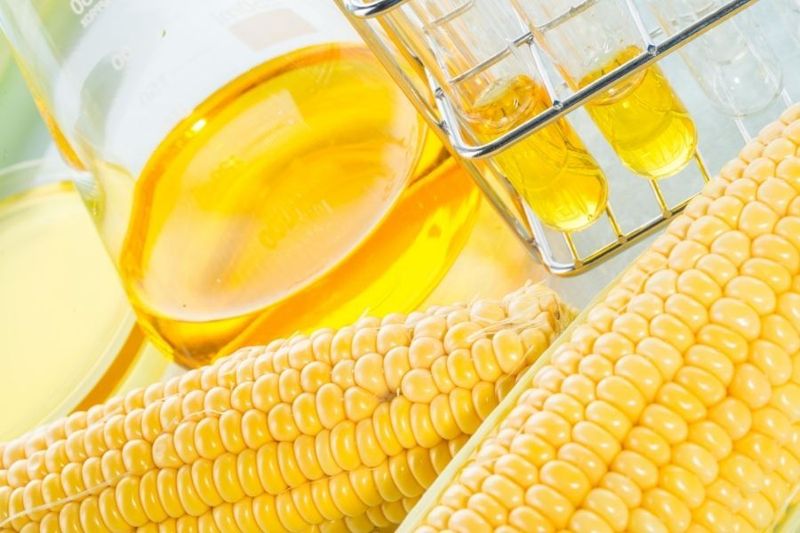
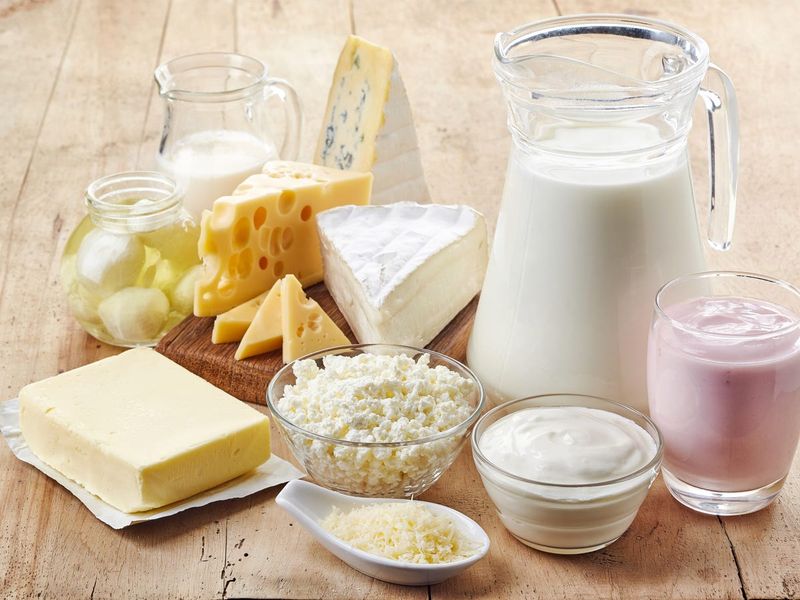




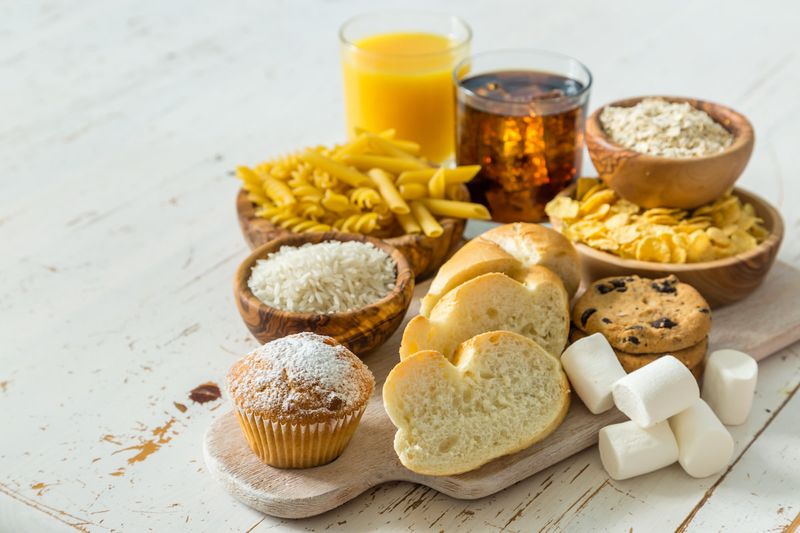
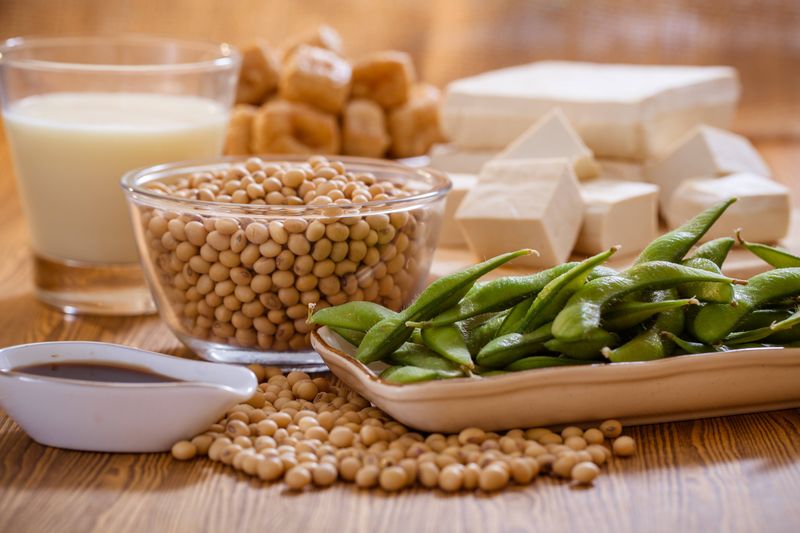
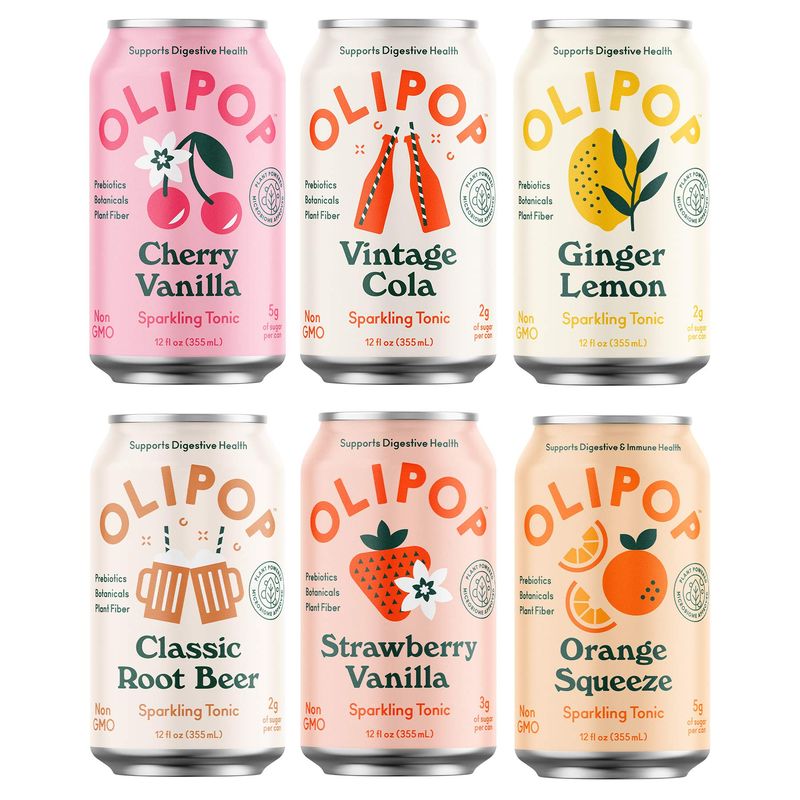
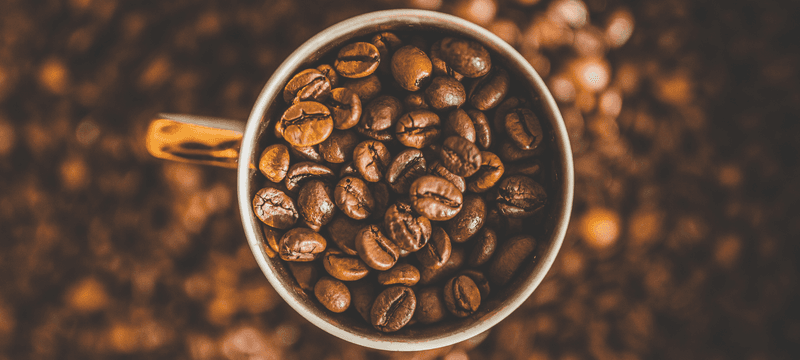

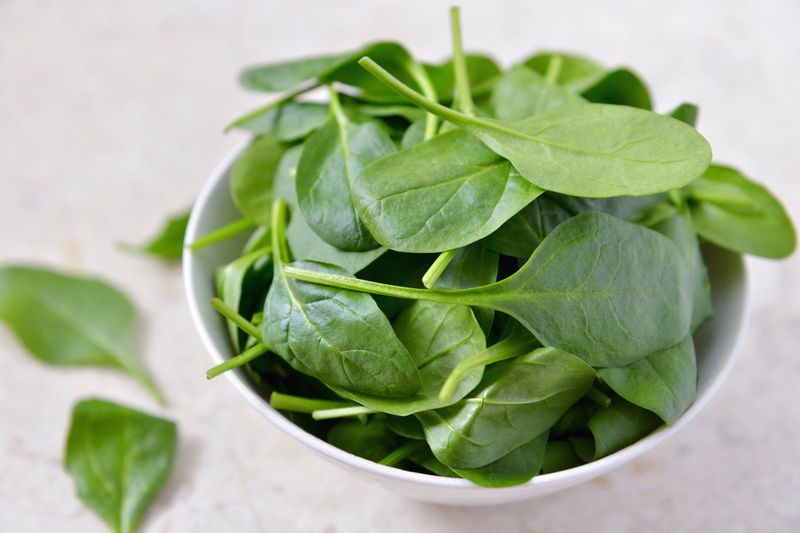
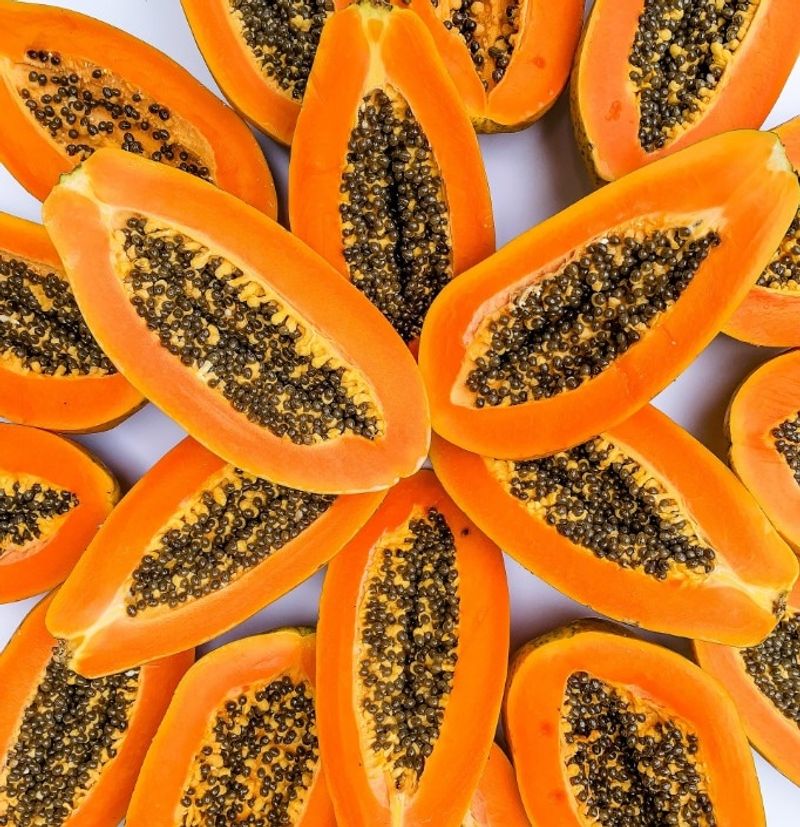
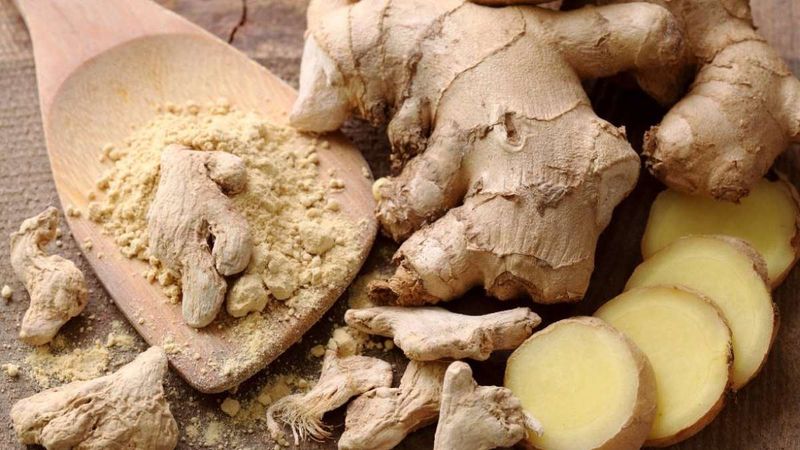
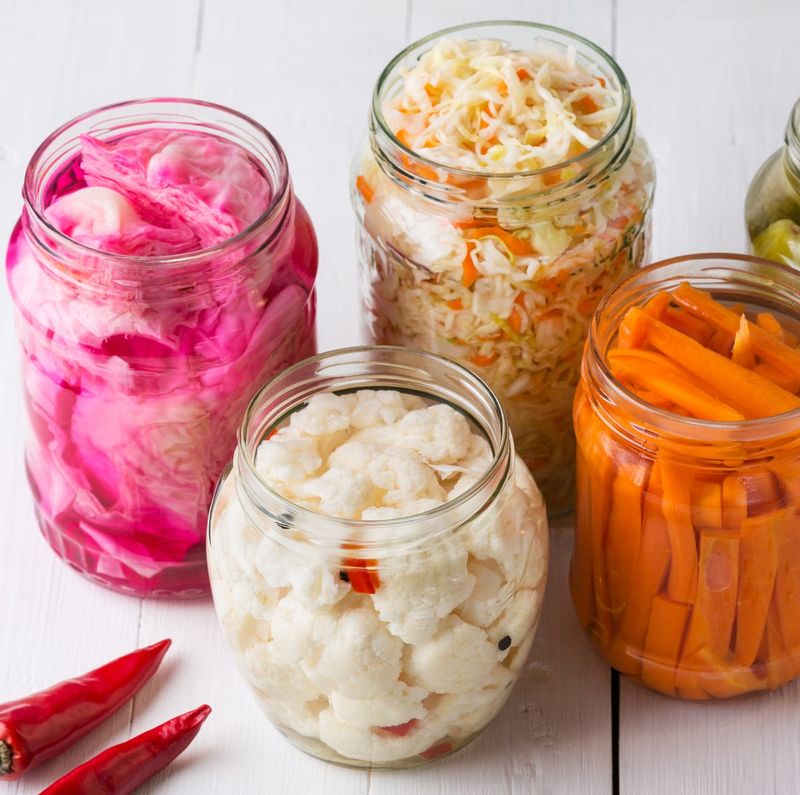
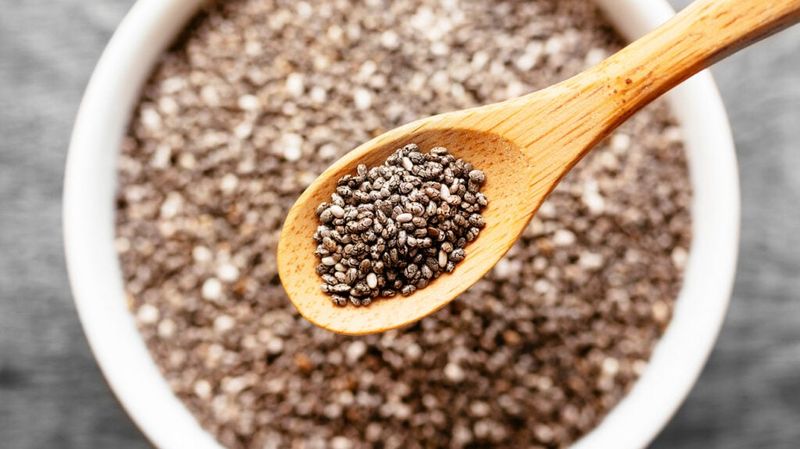
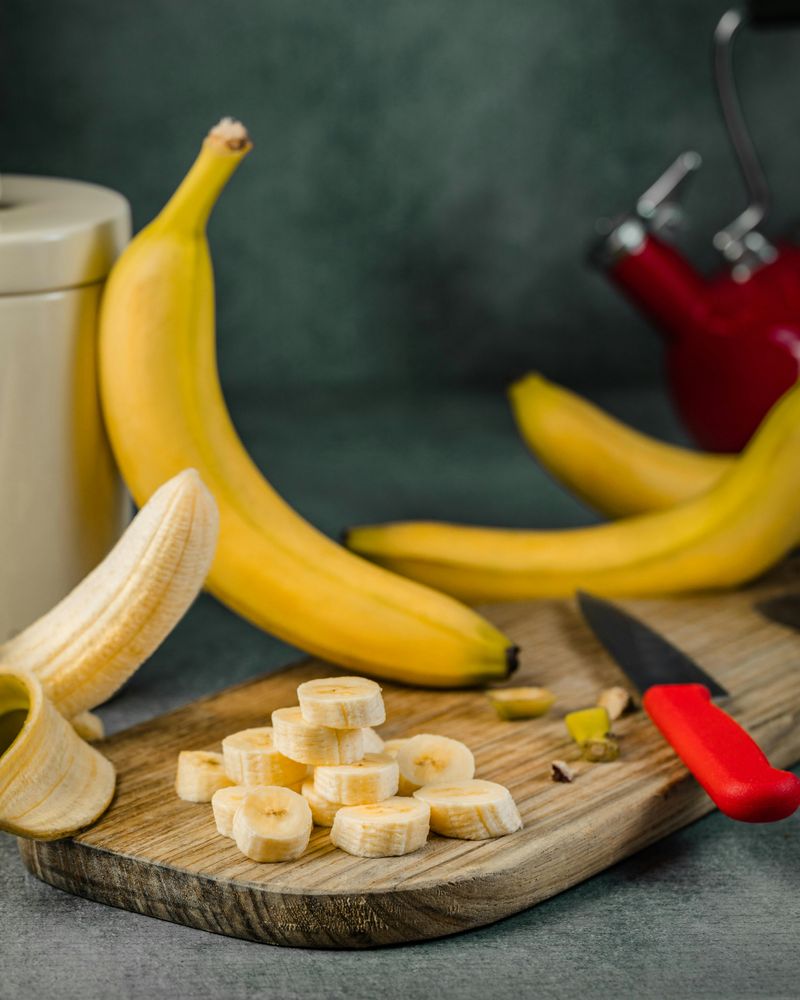
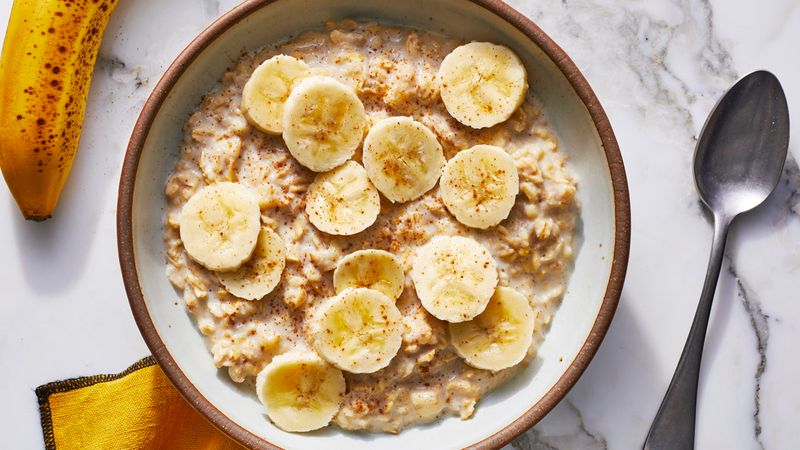
Leave a comment